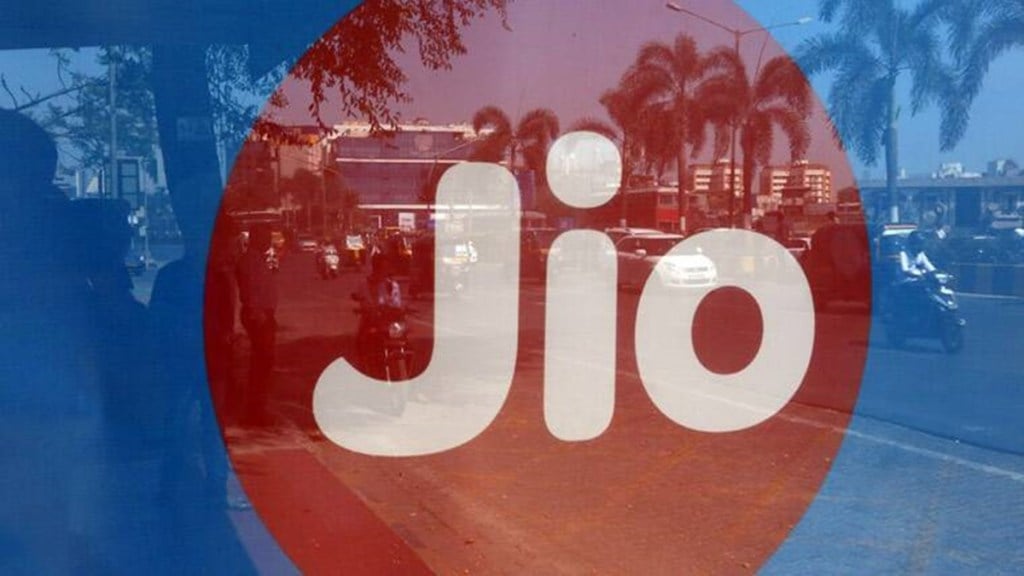With Elon Musk announcing that his Starlink satellite internet services will enter India, analysts expect a price war in this space on the lines of the telecom sector in 2016 with the entry of Reliance Jio.
The reason for this is simple: With Starlink’s entry, India’s satellite communication space will have three players, with Bharti Enterprises’ OneWeb and Jio being the other two to have applied for licences to the department of telecommunications.
Also read: Gaming VC Lumikai announces $50 million second fund to invest in pre-seed to Series A rounds
The very nature of satellite broadband space means pricing at a premium to the fibre-based broadband services. So to capture market in rural and remote areas, where income levels are low, a price war is imminent. Analysts feel that three players in the satellite space is more than what the market has to offer, so tariff will definitely matter to gain subscribers and market share.
As per industry estimates, the pricing of satellite internet services is expected to be around Rs 8,000-10,000 per month along with one time set-up cost. This is significantly high, compared to affordable home broadband plans of Rs 198 per month by telcos such as Jio.
Since satellite internet services are best suited for far-flung areas, at these prices, companies like Starlink may not find enough takers for their services as income levels are not high in these areas.
“Internet services through satellites is the apt way for providing services in far-flung rural areas. Satellite companies can introduce promotional offers initially to tap the market and once the scale is achieved, the cost of offering such services will become viable,” TV Ramachandran, president of Broadband India Forum (BIF), said.
According to some industry executives, Bharti’s OneWeb may take a lead because of its focus on B2B segment. “We believe that OneWeb has an initial focus on the B2B (business-to-business) market and not direct-to-consumer for offering its satellite services,” Shivaji Chatterjee, executive vice president at Hughes Communications, said. Hughes has a services distributor agreement with OneWeb for satellite communication services.
Some feel that the government may provide some kind of subsidy for satellite internet services as it provides connectivity to hilly regions and remote areas that lack terrestrial connectivity.
“The government could look at the universal services obligation fund (USOF) to provide subsidy to the companies offering satellite internet services in the far-flung areas, as connecting the unconnected is the ultimate objective,” AK Bhatt, director general of Indian Space Association (IspA), said.
Currently, OneWeb and Jio Satellite Communications have got the licence to start satellite services in India. On the other hand, Starlink is awaiting clearance from Indian National Space Promotion and Authorisation Centre (IN-SPACe) and DoT to start the process of offering internet services, sources said. Further, the companies are also awaiting clarity around the spectrum allocation and other policy clearances like FDI norms to start the services.
Two years ago, DoT had asked Starlink to stop taking pre-bookings for its satellite internet services in India and first get a licence to offer such services.
In compliance with the DoT order, the company had returned the booking amount of $99 (Rs 8,000) to over a 5,000 pre-booked customers.
